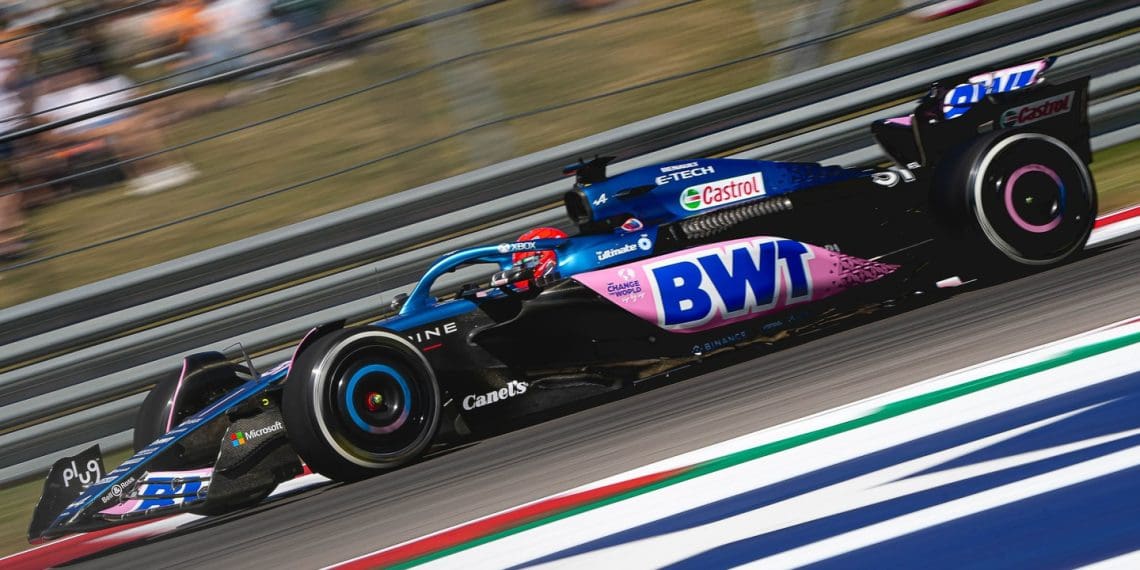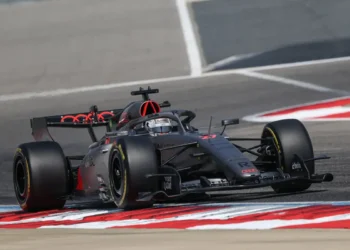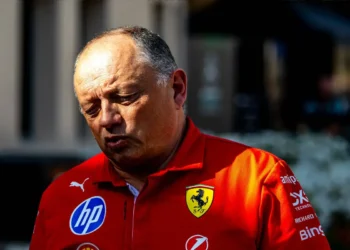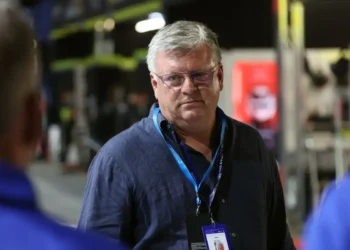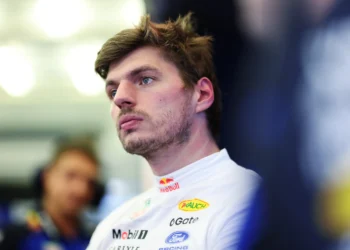Otmar Szafnauer has broken his silence about the chaos surrounding his exit from Alpine’s Formula 1 team, revealing a tumultuous atmosphere within the French outfit that led to his firing alongside long-time sporting director Alan Permane. Their sudden departure during the Spa Grand Prix weekend marked a major shift in the team, as Alpine underwent a dramatic internal overhaul with Flavio Briatore stepping in as an “executive advisor” and Oliver Oakes replacing Bruno Famin, who had initially replaced Szafnauer.
Szafnauer, who joined Alpine in 2022 from Aston Martin with promises of full control, has now disclosed that he quickly found himself sidelined within the team’s operations. In a candid interview with the High Performance Podcast, the American-Romanian expressed frustration over his lack of authority, claiming that he was unfairly blamed for Alpine’s notorious failure to retain star driver Oscar Piastri, who was poached by McLaren. Szafnauer also hinted at trust issues, saying some members of the team were not reliable.
“I couldn’t have predicted how things would turn out,” Szafnauer said when asked why he didn’t leave sooner. “I had a contract, and I wanted to do the best for my team. At the time, we were sixth in the championship, we had podiums, we were scoring points regularly. It wasn’t a disaster. It’s not like today, where they are ninth in the championship—that’s a disaster.”
Szafnauer emphasized that while Alpine was experiencing challenges, he believed the team was on the right track. “Sometimes you take a half-step back to take two steps forward,” he explained, adding that recruitment was underway and plans were in motion to turn Alpine into a top-three team.
One of Alpine’s most glaring weaknesses was its underpowered Renault turbo-hybrid engine, which Szafnauer admitted was a significant issue. He revealed that just before his firing, he had been working with the FIA on a plan to equalize power units across teams. In my last Formula 1 Commission meeting in Belgium, I put forward a strong case for Alpine powertrains to come back up to equal the others. We were 15 kilowatts—about 25 horsepower—down compared to our competitors, which made it hard to compete,” Szafnauer stated.
Alpine and Renault have since claimed that Szafnauer’s departure was due to a misalignment of expectations around timelines for delivering results. However, Szafnauer remains adamant that he was not given a clear explanation. He believes the dispute was rooted in differing views on how to change the corporate culture at Alpine.
“I know how to create a winning mentality and a culture of psychological safety. That’s what I was working on,” Szafnauer said, explaining that Alpine wanted a different approach, which included firing long-standing employees who were performing well. “I was asked to do that, and I said no. It’s not who I am.”
Szafnauer’s exit has left a cloud of uncertainty over Alpine, which continues to struggle in the 2024 season. Meanwhile, Szafnauer stands by his efforts and insists that his approach would have eventually transformed the team into serious contenders. “I was working on all fronts to make Alpine better, right up until my last day,” he concluded.
As Alpine forges ahead with new leadership, questions remain about whether the team’s aggressive restructuring will bear fruit—or if, as Szafnauer suggests, the team may have lost its way by discarding key personnel and long-term vision.

